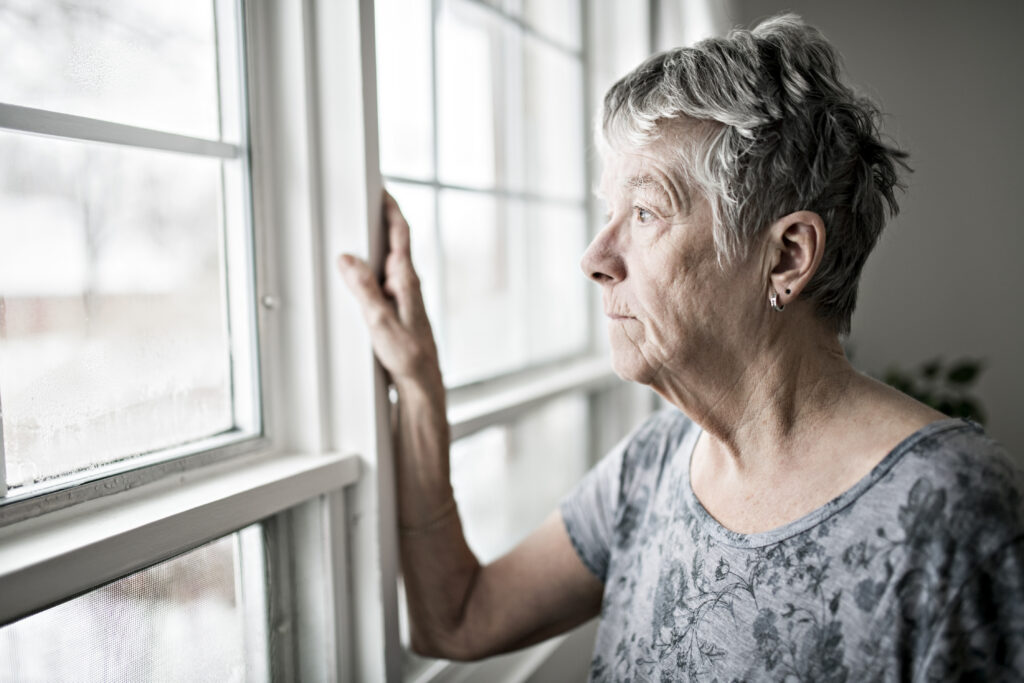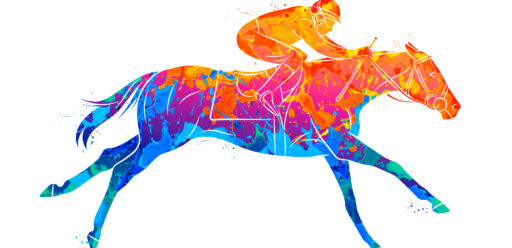What does it feel like to be older and alone?

Many of our clients don’t have friends of family they can count on. We usually get referrals when an adverse life event leaves them with no other options, from concerned service providers, doctors, and neighbours.
It’s common to take friends and family for granted and never consider what happens if death, illness or estranged relationships takes our informal support networks away from us. When you see people struggling or seeking assistance, do you make negative assumptions about the choices they made to land them in their current situation?
The digital divide
At the same time, we frequently assume that the way younger people stay connected, including digital mediums such as social networks, messaging apps or video calls are available, accessible and appropriate for everyone. We even expect older people can digitally access information on social support services and activities so they can stay connected. People aged 65 and above are Australia’s least digitally included age group, a huge concern given the high prevalence of older Australians living alone.
Older people are being encouraged to self-isolate
Never before has the impact of social isolation experienced by older people been more of a critical concern. This year’s International Day of Older People asked us to consider the impact of the pandemic on the ageing population. Given that social isolation of older people was a big worry before the world went into lockdown, this year has highlighted the need to revisit the social structure of our society and examine the cracks that occur when people are ageing in their own homes and become cut off from regular social interactions.
There are a multitude of factors that contribute to heightened social-isolation day in day out. Isolation can be compounded by the passing of a spouse, a desire not to ‘burden’ friends or neighbours, increasing issues of mobility, changes to cognitive function, or often security and safety concerns.
Social isolation: a slippery slope for mental health
There is strong evidence that social isolation leads to mental ill health such as depression and anxiety. Persistent feelings of sadness or loss of interest that characterise major depression can lead to a range of behavioural and physical symptoms. At the same time, deteriorating health or chronic health conditions associated with ageing can contribute to distress and mental health concerns. Ageing can also see underlying, long-term mental health issues that they have never sought help for that become exacerbated in older age.
About one in 20 Australians over the age of 65 have a diagnosable depressive or anxiety disorder. Older adults in Australia have the least access to mental health treatment of any age group.
All the advice is telling older people to ‘stay socially connected’ but what if it’s not that easy?
This is an area where we’ve found a lot of work needs to be done. Sometimes the friendly interactions that happen through formal services and activities may be the only interactions a person has had all week.
Our team is committed to encouraging clients to make an effort to reach out to their friends and contacts, but we also know that sharing an amusing story and having a laugh are all part of the job.
We encourage clients to put in the effort to cultivate relationships. We also promote formal programs and services that provide regular, consistent personable interactions. When possible, linking clients to a volunteering opportunity can go a long way to recreating the social supports needed to maintain a positive mental outlook.
And it’s not just prevention – a recent study confirmed that social connections actually improve brain health.
“Older adults who get together with friends, volunteer, or attend classes especially have healthier brains”
Social connection throughout a person’s ageing journey is vital for wellbeing, quality of life, and in maintaining strong mental health.
If you’d like to help us continue our work with vulnerable older people who are at significant risk, please consider becoming a regular donor to our programs.
You may also like
Age Matters Race Against Homelessness scheduled for 18 June
After much anticipation due to Age Matters will hold its important charity race day at Kembla Grange Racecourse on 18 June. All funds raised at…
What to do about a neighbour who hoards
We’ve all seen the shock headlines with the massive and costly cleanouts. The TV shows and mainstream media depict an extreme makeover approach to resolve…


